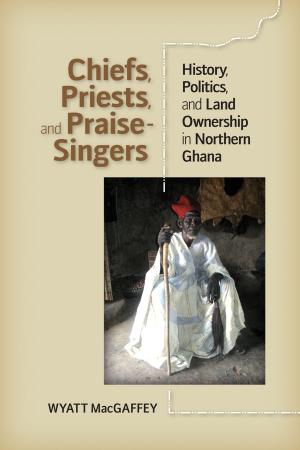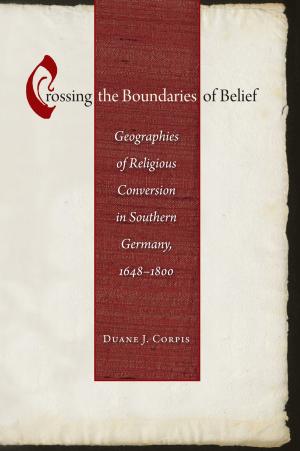The Poetics of Ethnography in Martinican Narratives
Exploring the Self and the Environment
Fiction & Literature, Literary Theory & Criticism, Central & South American| Author: | Christina Kullberg | ISBN: | 9780813935140 |
| Publisher: | University of Virginia Press | Publication: | November 4, 2013 |
| Imprint: | University of Virginia Press | Language: | English |
| Author: | Christina Kullberg |
| ISBN: | 9780813935140 |
| Publisher: | University of Virginia Press |
| Publication: | November 4, 2013 |
| Imprint: | University of Virginia Press |
| Language: | English |
Drawing on narratives from Martinique by Aimé Césaire, Édouard Glissant, Ina Césaire, and Patrick Chamoiseau, among others, Christina Kullberg shows how these writers turn to ethnography—even as they critique it—as an exploration and expression of the self. They acknowledge its tradition as a colonial discourse and a study of others, but they also argue for ethnography’s advantage in connecting subjectivity to the outside world. Further, they find that ethnography offers the possibility of capturing within the hybrid culture of the Caribbean an emergent self that nonetheless remains attached to its collective history and environment. Rather than claiming to be able to represent the culture they also feel alienated from, these writers explore the relationships between themselves, the community, and the environment.
Although Kullberg’s focus is on Martinique, her work opens up possibilities for intertextual readings and comparative studies of writers from every linguistic region in the Caribbean—not only francophone but also Hispanic and anglophone. In addition, her interdisciplinary approach extends the reach of her work beyond postcolonial and literary studies to anthropology and ecocriticism.
Drawing on narratives from Martinique by Aimé Césaire, Édouard Glissant, Ina Césaire, and Patrick Chamoiseau, among others, Christina Kullberg shows how these writers turn to ethnography—even as they critique it—as an exploration and expression of the self. They acknowledge its tradition as a colonial discourse and a study of others, but they also argue for ethnography’s advantage in connecting subjectivity to the outside world. Further, they find that ethnography offers the possibility of capturing within the hybrid culture of the Caribbean an emergent self that nonetheless remains attached to its collective history and environment. Rather than claiming to be able to represent the culture they also feel alienated from, these writers explore the relationships between themselves, the community, and the environment.
Although Kullberg’s focus is on Martinique, her work opens up possibilities for intertextual readings and comparative studies of writers from every linguistic region in the Caribbean—not only francophone but also Hispanic and anglophone. In addition, her interdisciplinary approach extends the reach of her work beyond postcolonial and literary studies to anthropology and ecocriticism.















